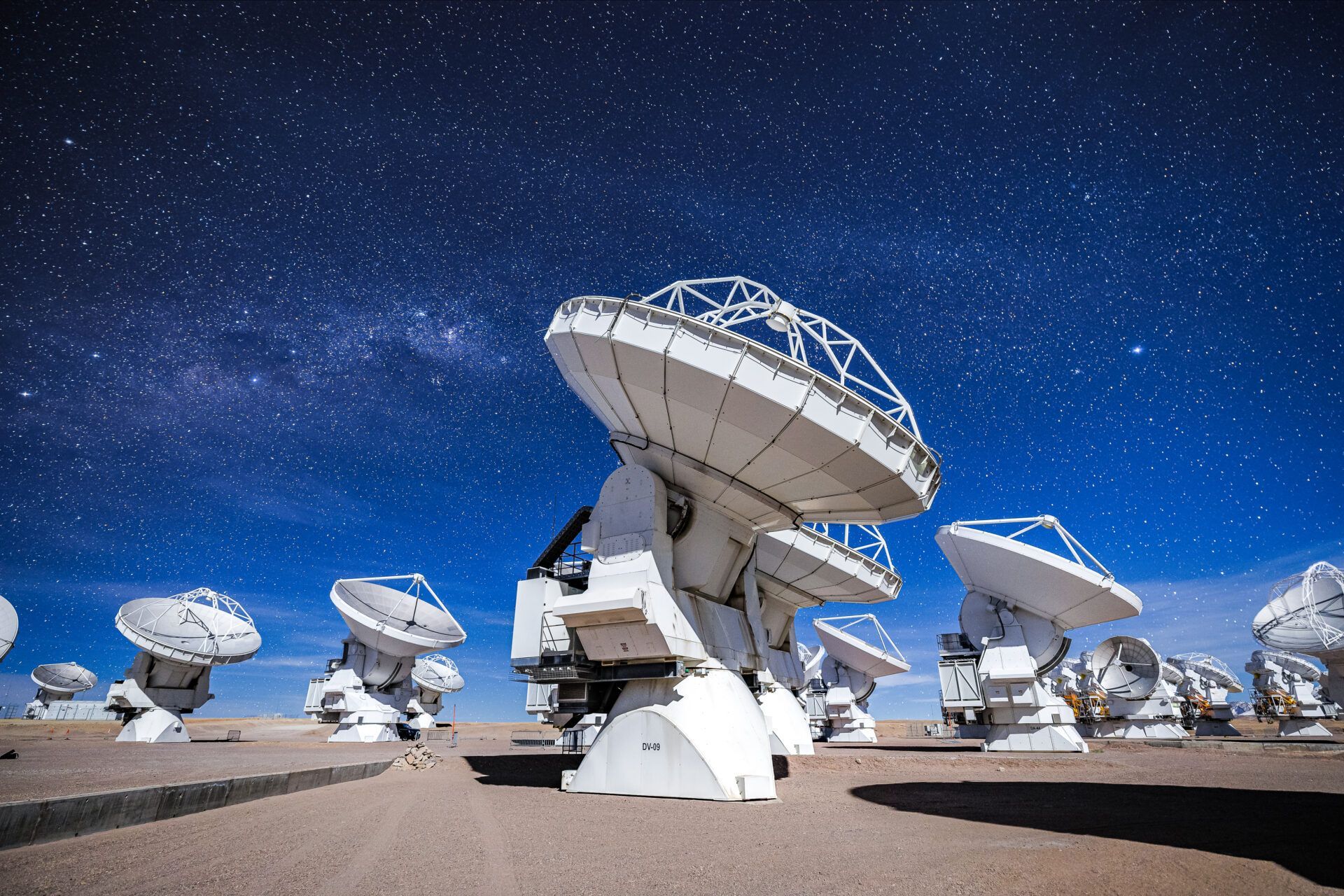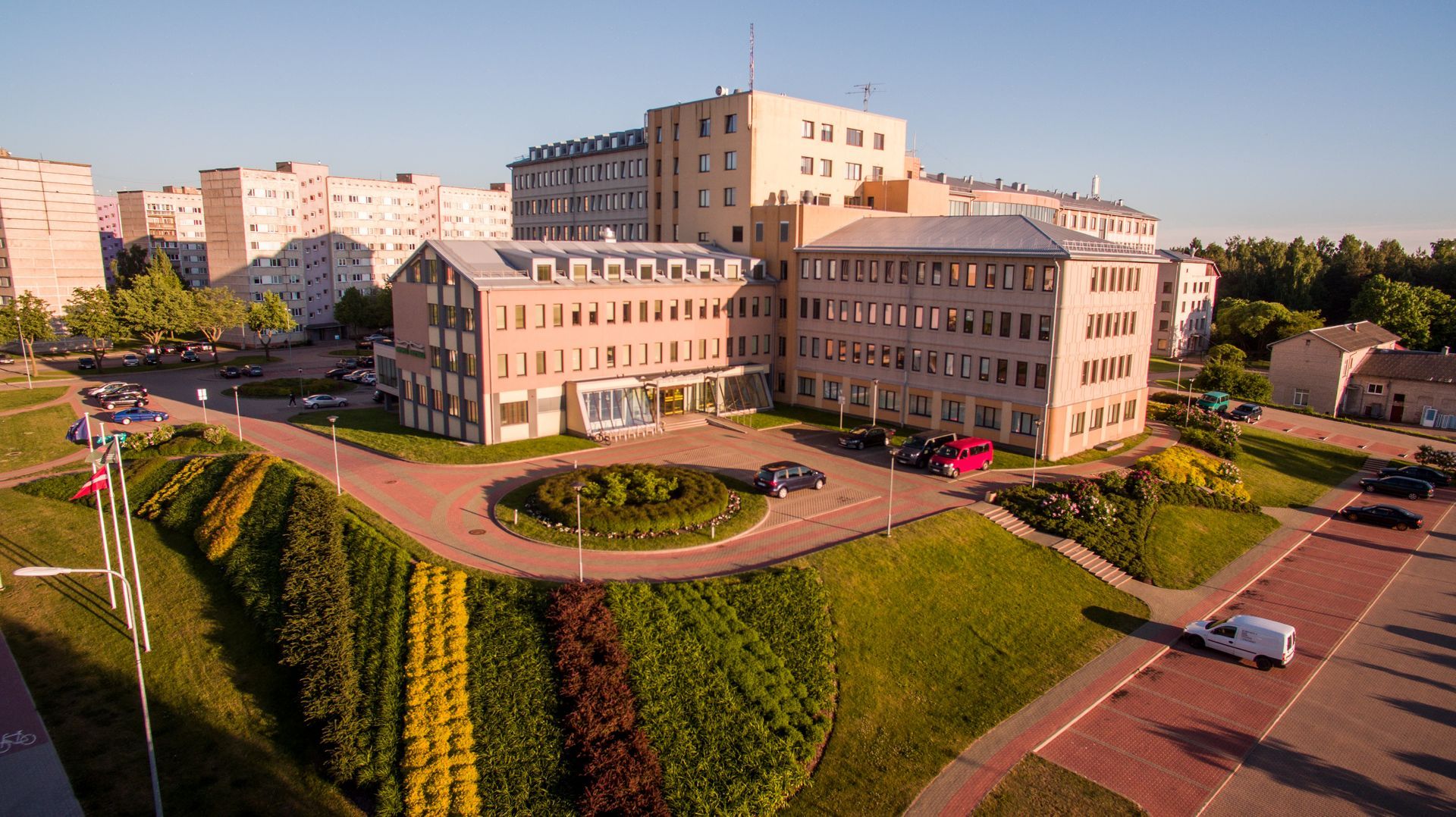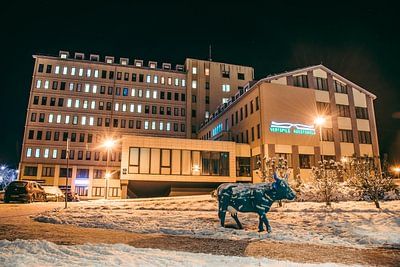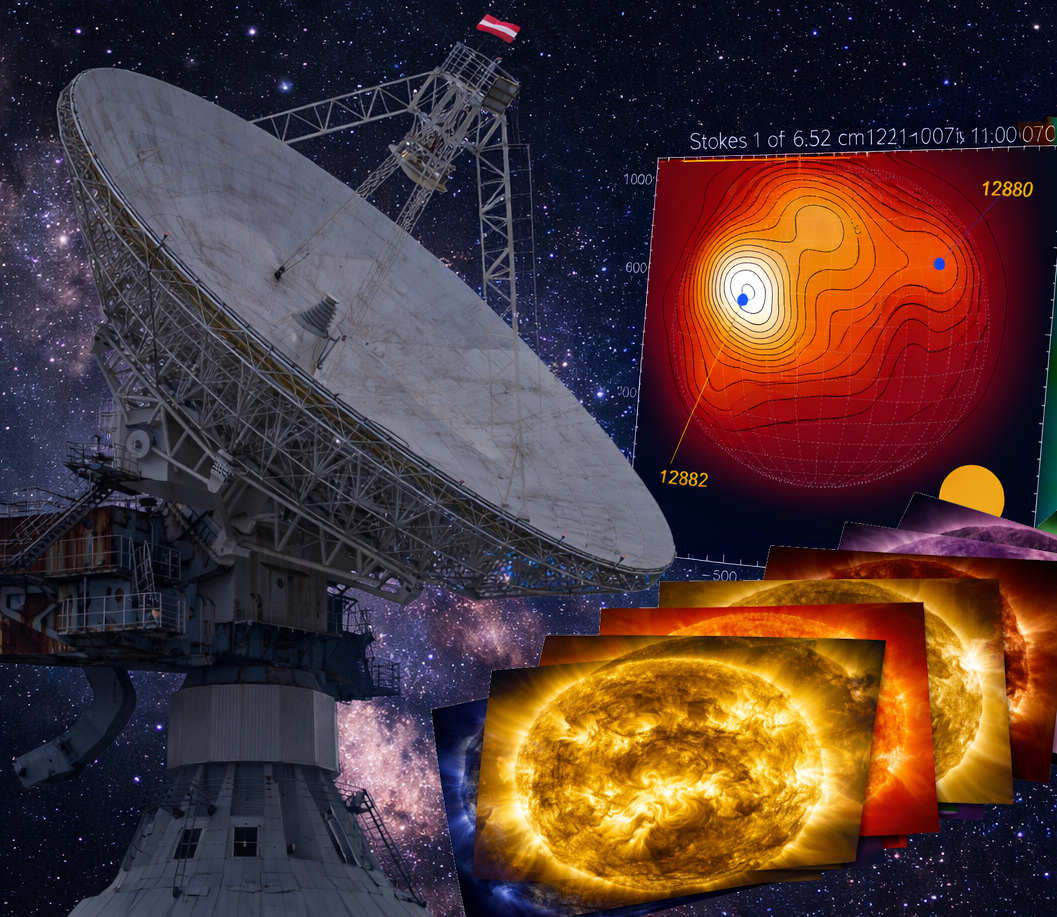Ventspils International Radio Astronomy Centre Celebrates 30 Years
This year, the Ventspils International Radio Astronomy Centre (VIRAC) celebrates its 30th anniversary, marking three decades of continuous activity in the fields of radio astronomy, space technology and communication. VIRAC - a research institute at the Ventspils University of Applied Sciences (VUAS) stands as one of the leading scientific institutions in Northern Europe, specializing in space technology, radio astronomy and large aperture antenna operations.
Since its establishment in 1994, VIRAC has grown into a prominent research and technology center that not only conducts internationally recognized scientific research but also contributes to technological innovation and raises Latvia's profile on the global stage. Equipped with world-class radio astronomy facilities — including two large aperture antennas (RT-32 and RT-16), a low frequency antenna array – LOFAR and electronics & RF, signal processing, cryogenics as well as mechanical engineering laboratories and workshops — VIRAC enables high-precision observations that are vital to both Latvian and international scientific communities.
VUAS Rector Andris Vaivads reflects on VIRAC’s journey:
"Light from the Moon takes 1 second to reach us, from the Sun 8 minutes, from Jupiter on average 45 minutes (the length of an academic hour). The center of our galaxy is 26,000 light-years away. Space is vast and endlessly fascinating! For example, the brightest star in the constellation of Gemini, Pollux, is 33 light-years away. The light we see from Pollux today left the star in 1991, the same year Latvia regained its independence. At that time, many of today's VIRAC scientists and engineers were still in kindergarten or had not yet been born. VIRAC itself was founded in 1994, inheriting the large 32- and 16-meter diameter antennas from the Soviet Army. VIRAC made a huge leap forward, renovating these antennas until 2015. In 2019, VIRAC took another major step forward, adding a football-field-sized LOFAR antenna array. Today, VIRAC is expanding into the fields of defense and deep space communications. All of this progress has been achieved thanks to the selfless and dedicated work of the VIRAC team, as well as the support of the Ventspils City Municipality and the trust of the Latvian Government in the VIRAC team. So much has happened during the 33-year journey of light from Pollux to Earth. Want to find Pollux... or a black hole? Just ask the VIRAC researchers!"
Today, the
Irbene antenna site is connected to international radio telescope networks. Together with their international colleagues,
VIRAC scientists are conducting research on a wide range of topics, from the near-Earth ionosphere, the Sun, and Jupiter, to the farthest reaches of space where star formation occurs, as well as active galactic nuclei, pulsar, maser and other cosmic phenomena observations are being carried out. These studies are based on data collected by the Irbene antenna infrastructure, yet some rely on theoretical and numerical calculations or data from other telescopes, sensors and networks.
The Irbene antenna site is truly unique: Extremely low RFI (Radio Frequency Interference) levels, providing cleaner data for scientific research. The largest radio telescope in Northern Europe — the 32-meter RT-32. The presence of multiple radio telescopes at a single location, enabling local interferometric measurements and simultaneous observations in multiple frequency bands and other advantages.
Looking to the future, VIRAC aims to connect the large aperture antennas to an international deep space communications network, marking a significant milestone in creating synergies between radio astronomy and space communication industry. The first communication sessions with Lunar space probes and relays are eagerly anticipated. With its world-class infrastructure and dedicated team, VIRAC holds enormous potential for further development. However, the next generation of scientists and engineers will be crucial to realizing this potential in the coming decades. Training and supporting these future experts is a top priority.
As VUAS Rector Andris Vaivads emphasizes:
"Through Irbene to the stars!"
Mārcis Donerblics, Director of VIRAC, shared his reflections on the center's 30-year journey:
"Looking back at the past 30 years of VIRAC, starting from July 19, 1994, when Latvia took over the Irbene antenna complex and, a few days later, founded the Ventspils International Radio Astronomy Centre, I am amazed by the many challenges and milestones that has been faced to transform the antenna site in a globally competitive facility it is today! From taking over, protecting, and maintaining the site, to building utilities, restoring antenna pointing capabilities, renovating, developing, and becoming members of the European VLBI Network (EVN), we have come a long way. We established the LOFAR station, collaborated with the European Space Agency (ESA), and built a partnership with the Swedish Space Corporation (SSC). None of this would have been possible without external support, but, just as importantly, it was the selfless dedication and creativity of our colleagues that allowed us to make the Irbene antenna site based services and science accessible to the Latvian, Baltic, Nordic, European, and global communities. These efforts have also ensured that future generations will have access to these valuable instruments here in Latvia. For all of this, I am immensely grateful and proud."
Share on other platforms
Other news







